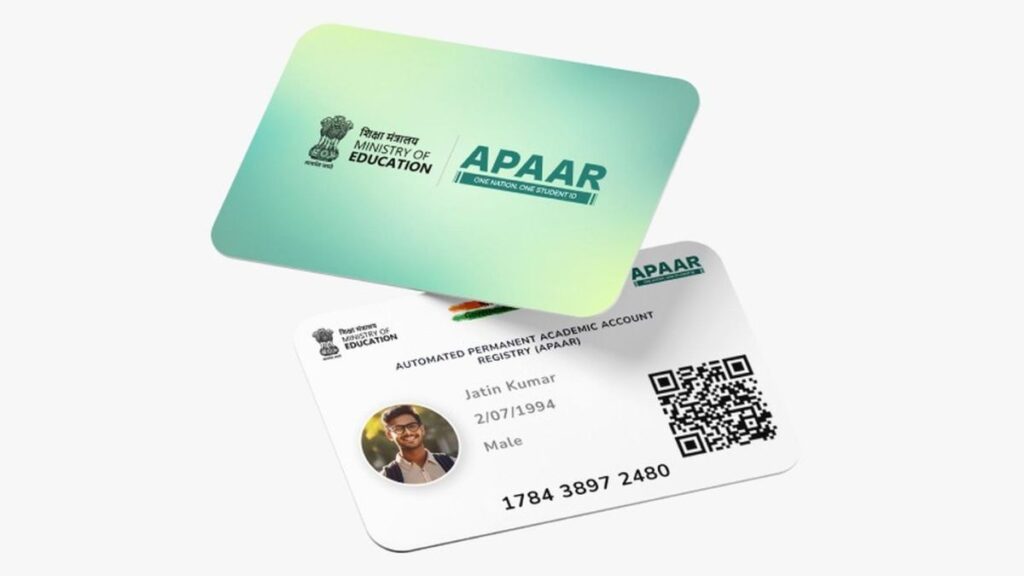APAAR ID: A Digital Lifeline for Students or a Privacy Concern in Disguise?

India’s education landscape is set for a digital revolution with the introduction of the Automated Permanent Academic Account Registry (APAAR) ID, a unique 12-digit identifier designed to store and manage students’ academic records. Touted as a game-changer under the ‘One Nation, One Student ID’ initiative, APAAR aims to streamline education management while aligning with the National Education Policy (NEP) 2020. However, concerns over data privacy, Aadhaar linkage, and the rushed rollout have sparked debates among parents, educators, and digital rights activists.
What is APAAR ID?
APAAR serves as a lifelong digital academic identity, consolidating a student’s entire learning journey—from school marksheets to skill certifications—into a single, accessible repository. Much like a PAN card for taxpayers, APAAR will allow students to seamlessly transfer credits, apply for scholarships, and share verified academic records with employers or universities.
The system integrates two existing platforms:
- DigiLocker (for storing digital certificates)
- Academic Bank of Credits (ABC) (a central database of learning records)
By linking these, APAAR promises to eliminate fake certificates, simplify admissions, and provide real-time education insights to the government.
Why the Controversy?
Despite its potential, APAAR’s implementation raises serious concerns:
Aadhaar Dependency – While the Supreme Court has ruled that Aadhaar cannot be mandatory for school admissions, APAAR’s mandatory linkage to Aadhaar appears to bypass this ruling, effectively making it compulsory.
Privacy Risks for Minors – Children’s academic data, including performance records, could be exposed to third-party platforms, raising questions about consent and data security under the Digital Personal Data Protection Act (DPDPA).
Lack of Legal Framework – Similar to Aadhaar’s controversial rollout, APAAR is being pushed without robust legal safeguards, leaving gaps in accountability.
Forced Enrollment? – Despite claims of being voluntary, state governments and CBSE-affiliated schools are being instructed to ensure “100% saturation”, creating confusion among parents.
The Way Forward
Experts agree that a centralized academic record system is necessary but emphasize the need for:
- Stronger data protection laws
- Transparent consent mechanisms for minors
- Clear legal guidelines before full-scale implementation
As India moves towards a digitally empowered education system, striking a balance between innovation and privacy will be crucial. APAAR could be a transformative tool—if implemented responsibly.







